Dawn of the Data Dividend
A Peace Dividend for the End of the Information Age
By Griffin de Luce and Georg Boch
May 28, 2025
What happens when the very systems designed to connect us become instruments of division? We live in a fractured age where the scaffolding of shared truth has been eroded by systems optimized for outrage, virality, and monetized division. But what if this erosion reveals an opportunity, rather than only a crisis? At the State of the World Forum in Washington, DC, this December 14 through 18, at the Omni Shoreham, we launch a prototype consensus engine powered not by centralized media narratives or corporate metrics, but by the will and wisdom of an emergent global data union.
.png)
If we trace the Internet's trajectory from its idealistic origins, what do we find? Inspired in part by Jaron Lanier's insights into the corrosive design of humanity's current platforms, we recognize that the internet, once built on hope, largely survives via a parasitic surveillance and advertising model.
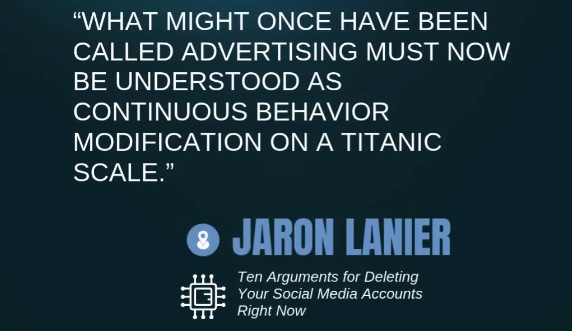
Why does the attention economy reward fear, vanity, and tribalism? What does it mean when the individual, isolated and monetized, becomes a data point rather than a stakeholder? What if we could interrupt this pattern? What if we said this ends here?
Consider the infrastructure that now governs our digital lives. A new kind of extractive architecture has taken hold: AI-powered platforms and tools are trained and refined on the behavior, language, and knowledge of the public. But what does it reveal about our condition that this value exchange remains nearly entirely one-way? When billions of human creations generate vast wealth for a select few while the originators receive nothing, what kind of economy have we built, and what alternative might be possible when we confront this imbalance?
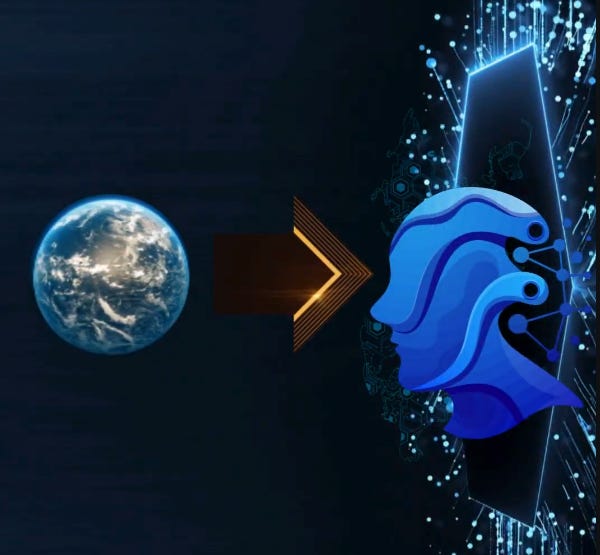
DataDividend.org emerges from these questions. We propose a simple rebalancing: that individuals and communities be compensated for their data contributions. What changes when passive users become active stakeholders in a value exchange built upon consent and reciprocity, rather than extraction? How might we build consensus that empowers collective abundance and wisdom rather than division? How do we move from theory to practice?
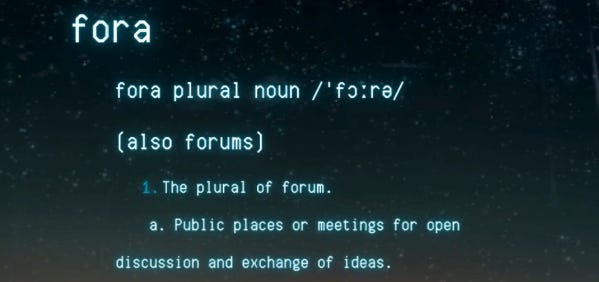
Fora is the plural of forum, a space for meaningful exchange.
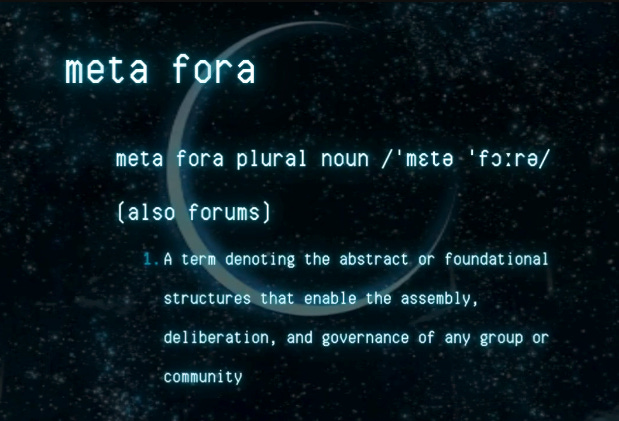
While we describe the Forum here, the Data Dividend model can be applied to any kind of engagement. As a pure Meta Fora, the Forum is simply our starting point.
From Extraction to Reciprocity
Before the Forum: A living fabric of conversation begins.
What distinguishes this from prior digital experiments? Early participants opt into the data union not as data points but as shareholders in a new form of civic intelligence. Through ethical data collection and federated reputation and identity, we begin to model alignment. What happens when the system's priority becomes the well-being of its members? What emerges when topics rise not through virality, but through shared stakes—climate, governance, AI, food freedom?
During the Forum: The consensus engine becomes dynamic.
How do we ensure that interaction across humans, institutions, and AI remains incentive-aligned? What breaks echo chambers without breaking dialog itself? Like Lanier's model of overlapping creative communities, how might status be earned through contribution rather than volume?
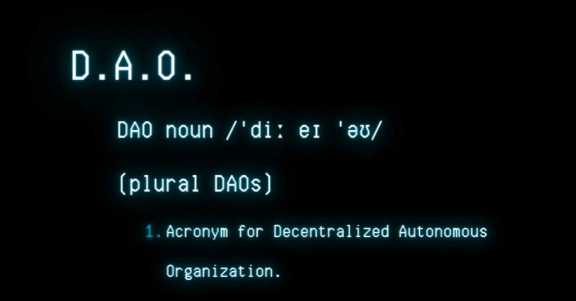
What happens when we combine a hybrid DAO with deliberative democracy, mediated by a transparent algorithmic commons? As microcosms of trust form and dissolve, what can this system learn?
After the Forum? The data union continues, but to what end?
It becomes a civic substrate, tracking alignment over time, informing policy, economic accountability, and planetary design. What becomes possible with something like a GitHub for civilization, where competing visions are forked, tested, and recombined, as this architecture and humanity learn and grow together in harmony with Earth's living tapestry? How might our shared incentives naturally bend toward wisdom and a deep dedication to the flourishing of all life?
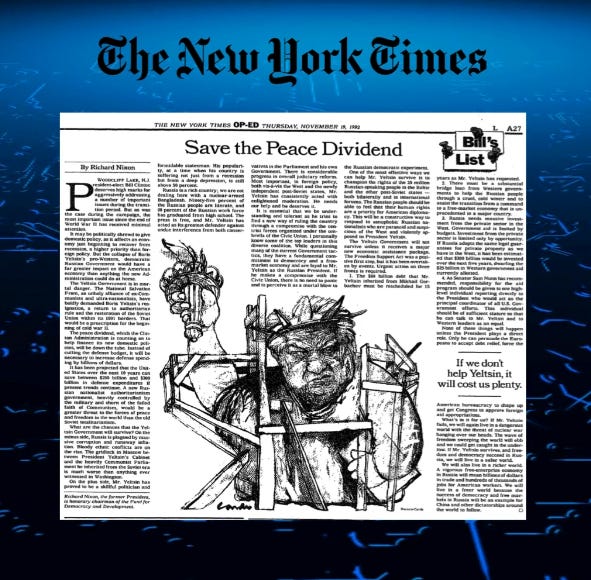
Learning from history's missed opportunities.
The original State of the World Forum:
The original State of the World Forum, 1995 to 2000, achieved something rare. It convened the most diverse group of voices across sectors and ideologies at a pivotal time for humanity. What Mikhail Gorbachev, Jim Garrison, Nelson Mandela, Desmond Tutu, Jane Goodall, and so many others cultivated at the end of the Analog Age, we may all now amplify through an emergent global dialog that transcends boundaries, technologies, and the limiting narratives of our past.
Join us this December in Washington, DC, as we launch the Data Dividend with aiCharter.org—a pivotal moment to co-create a more flourishing, connected, and regenerative future for all living beings.



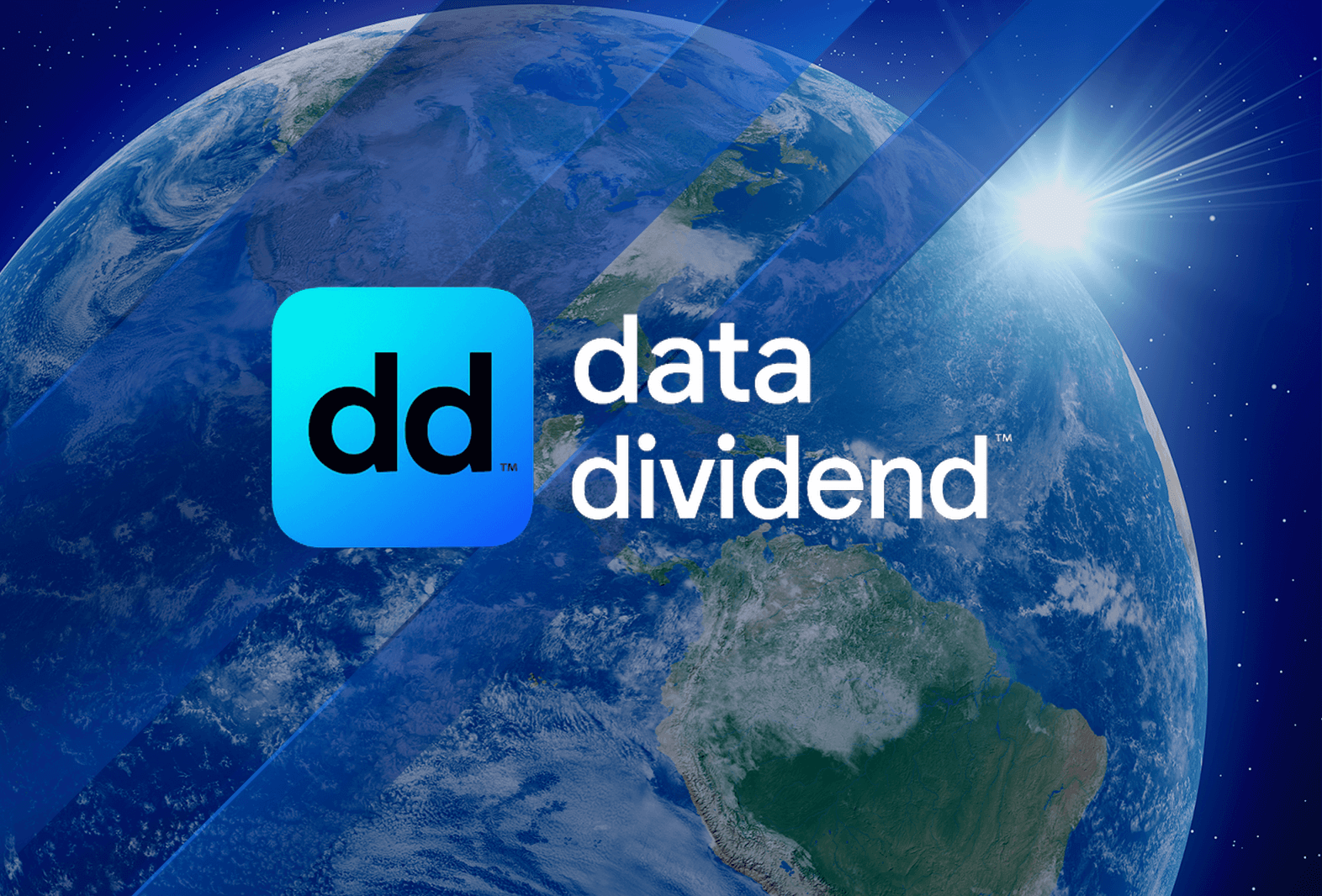
.png)
.png)
.png)
.png)
.png)


